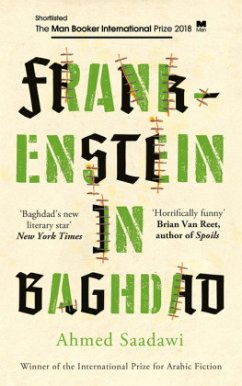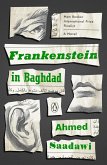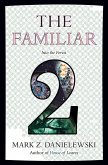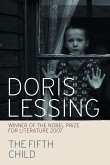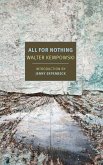WINNER OF THE INTERNATIONAL PRIZE FOR ARABIC FICTION
WINNER OF THE KITSCHIES GOLDEN TENTACLE AWARD
SHORTLISTED FOR THE BOOKER INTERNATIONAL PRIZE
SHORTLISTED FOR THE ARTHUR C. CLARKE AWARD 2019
A SATIRICAL REIMAGINING OF MARY SHELLEY'S FRANKENSTEIN SET IN MODERN-DAY BAGHDAD, BRILLIANTLY CAPTURING THE HORROR OF A CITY AT WAR
From the rubble-strewn streets of US-occupied Baghdad, Hadi collects body parts from the dead, which he stitches together to form a corpse.
He claims he does it to force the government to recognise the parts as real people, and give them a proper burial.
But when the corpse goes missing, a wave of eerie murders sweeps across the city, and reports stream in of a horrendous-looking, flesh-eating monster that cannot be killed. At first it's the guilty he attacks, but soon it's anyone who crosses his path...
'A remarkable book' Observer _ 'Brave and ingenious.' The New York Times
WINNER OF THE KITSCHIES GOLDEN TENTACLE AWARD
SHORTLISTED FOR THE BOOKER INTERNATIONAL PRIZE
SHORTLISTED FOR THE ARTHUR C. CLARKE AWARD 2019
A SATIRICAL REIMAGINING OF MARY SHELLEY'S FRANKENSTEIN SET IN MODERN-DAY BAGHDAD, BRILLIANTLY CAPTURING THE HORROR OF A CITY AT WAR
From the rubble-strewn streets of US-occupied Baghdad, Hadi collects body parts from the dead, which he stitches together to form a corpse.
He claims he does it to force the government to recognise the parts as real people, and give them a proper burial.
But when the corpse goes missing, a wave of eerie murders sweeps across the city, and reports stream in of a horrendous-looking, flesh-eating monster that cannot be killed. At first it's the guilty he attacks, but soon it's anyone who crosses his path...
'A remarkable book' Observer _ 'Brave and ingenious.' The New York Times

